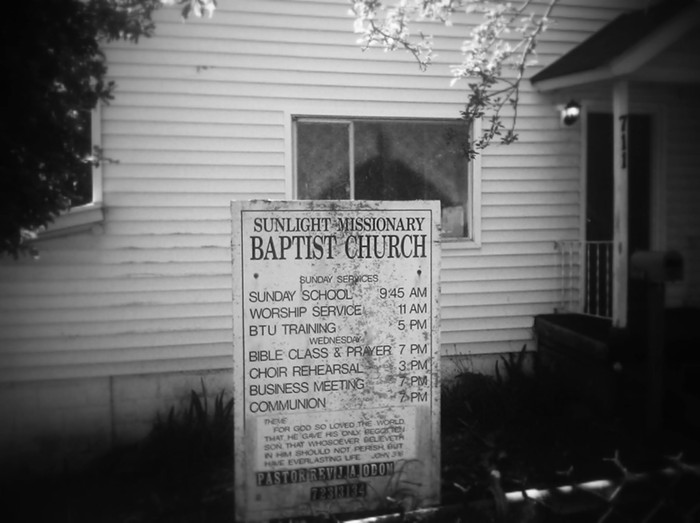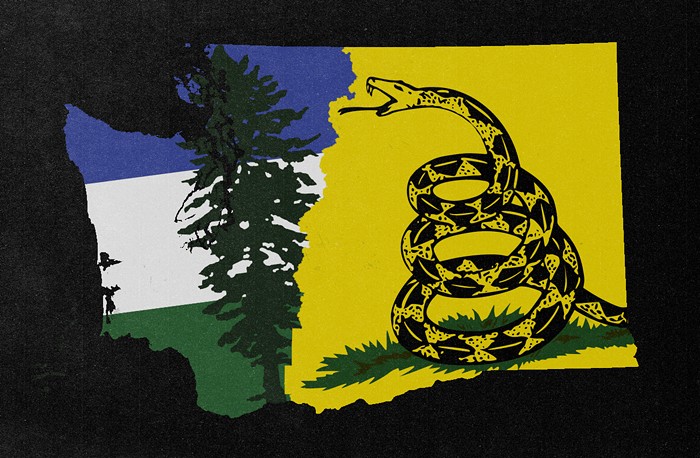
Jeff Reifman, the former Microsoft employee turned Microsoft watchdog, is out with another blog post connecting the dots between the tax-dodging behavior of major Washington State corporations and our public education, transportation, and homelessness crises.
As I was researching Microsoft’s Washington State tax breaks, I realized that the company’s cumulative revenues surpassed $1 trillion this past quarter. You might expect a company to announce a milestone like this and bask in this incredible accomplishment — but not Microsoft. It chose to stay silent as it faces increased public scrutiny for holding $108.3 billion in earnings offshore (an incredible 41% of its all time profit) and its history of tax dodging at home in Washington State.
As Seattle Times columnist Danny Westneat expressed shock that Boeing’s tax breaks saved it $304 million last year, I noted that the legislature’s actions here are saving Microsoft approximately $776 million in 2016 (I’ve been reporting on Microsoft’s Nevada-based tax dodge since 2004.) ...
In summary, Washington State’s become a kind of libertarian promised land. Combined, Microsoft and Amazon, its babies, have earned more than $1.5 trillion in revenues and helped create more than 161,220 millionaires but the wealthy here pay the lowest share of taxes in the entire country. As a result, we...
Can you guess? (Even though I kinda gave it away above.) Click through to read Reifman's full list of woes connected to our underfunded state government.
Then consider this: The total amount of taxes dodged by Boeing in 2015 and Microsoft in 2016—to pick just two major Washington State corporations and two random years—is equal to $1 billion. Next time you hear an elected official in Washington State saying it would be nice to fix or implement such and such a program, but doing so would cost a billion dollars we don't have—well, there's your billion dollars.















